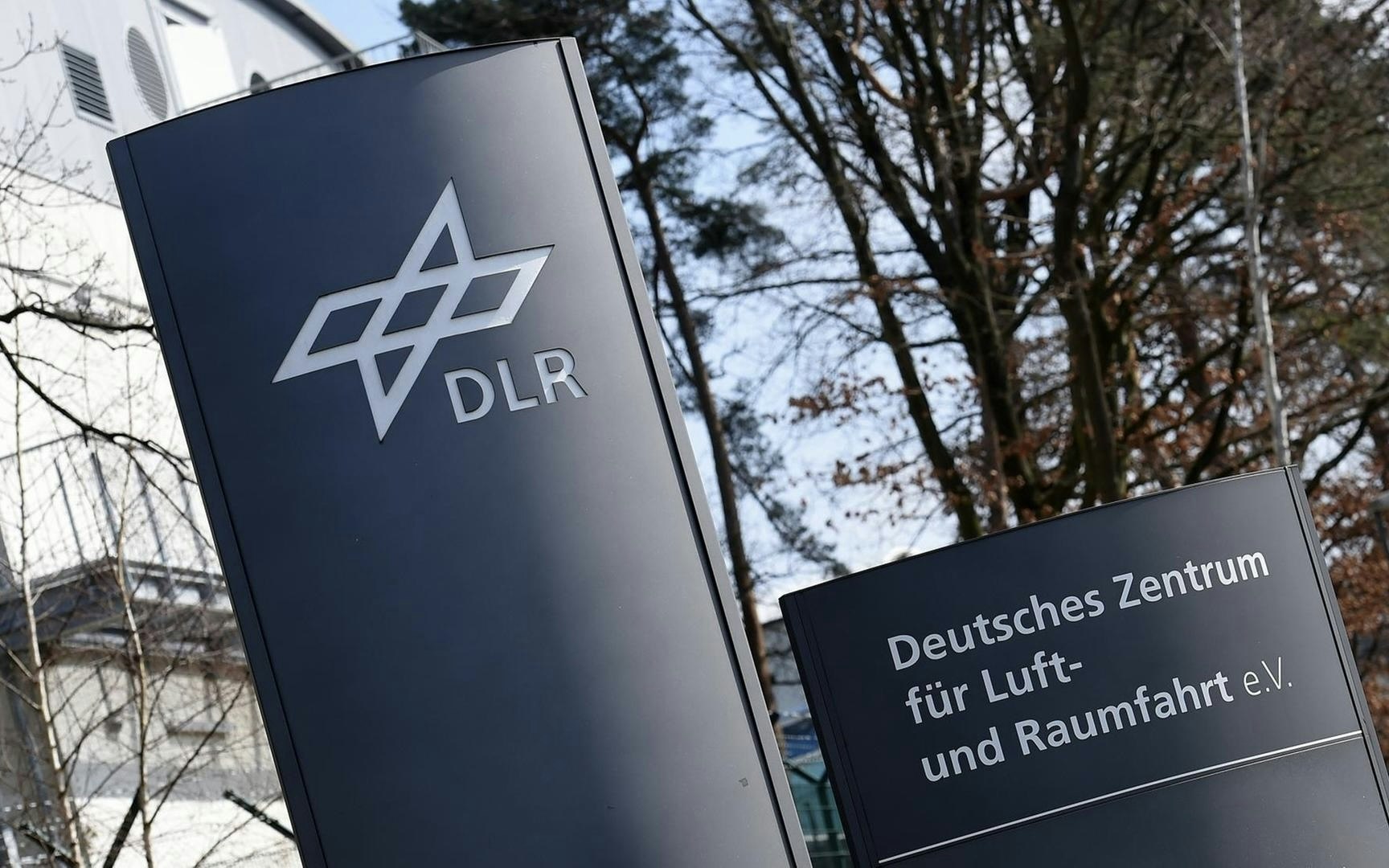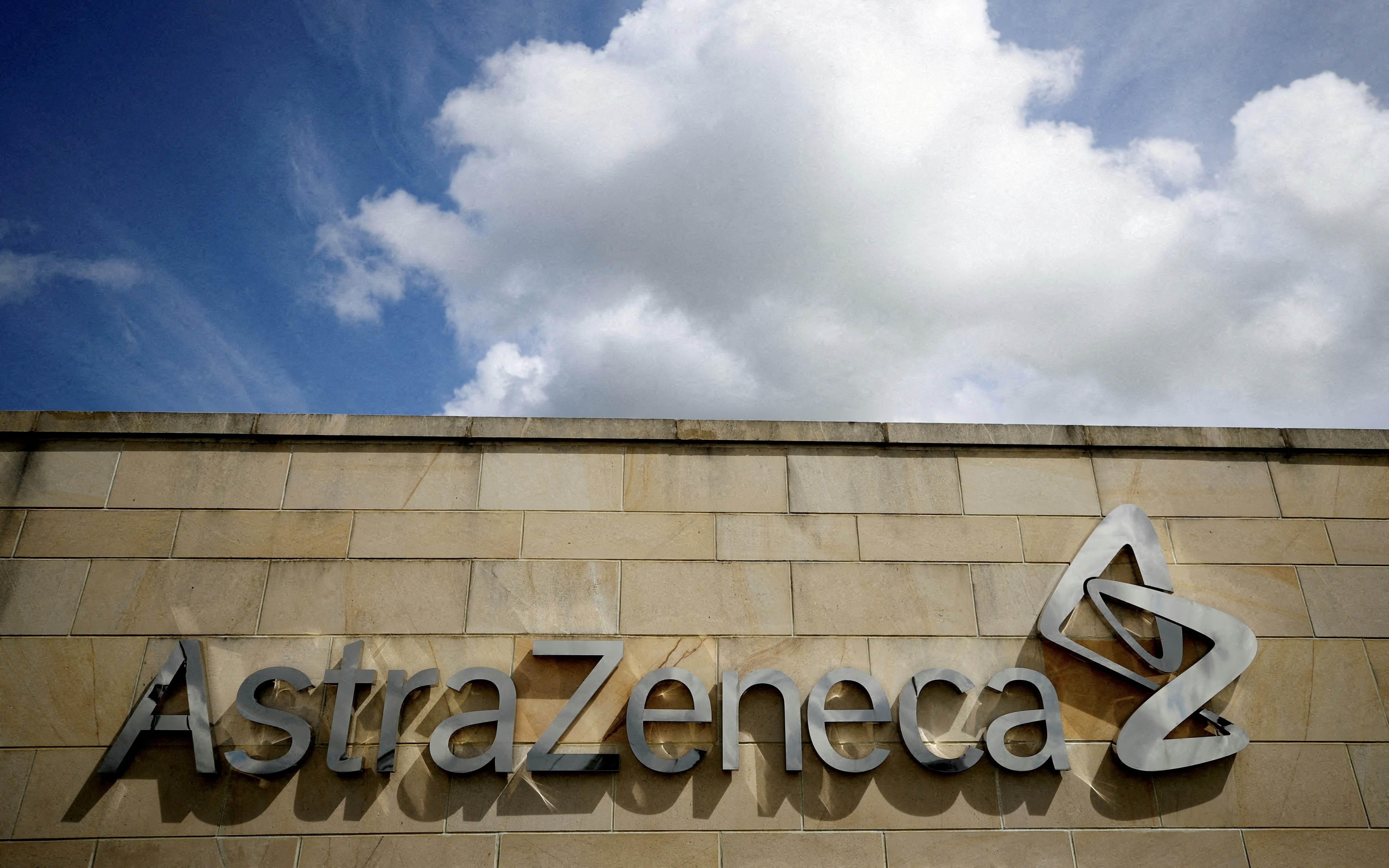Business
The German Space Agency Warns Against Abolition of the Georeturn Principle
The German Space Agency warns of the negative impacts of abolishing the georeturn principle, which is considered essential for strengthening the European space industry.

Former Italian Prime Minister Mario Draghi recommends abolishing the so-called "Georeturn" principle in a report to the European Commission, a move that the head of the German space agency, Walther Pelzer, described as a devastating blow to Europe's space ambitions. The Georeturn principle, where member states secure contracts proportional to their investments in space programs, is, according to Pelzer, the backbone of the European Space Agency (ESA).
Pelzer stated to the Financial Times during the International Astronautical Congress in Milan: "Georeturn makes spaceflight attractive for member states whose industries are less developed in certain areas. These countries can develop technologies within the framework of the ESA, which has the advantage of expanding the space sector in Europe." He warned that abolishing the principle would significantly reduce investments in Europe's space industry, weaken the ESA, and jeopardize collaboration. "This would support forces that try to disrupt cooperation and weaken Europe," Pelzer said.
Draghi's proposal to abolish the georeturn principle was presented in September in his report for European Commission President Ursula von der Leyen. The report calls for a new industrial strategy for Europe and argues that georeturn undermines the competitiveness of the European space industry. Draghi justified this with unnecessary duplication of capacity and a mismatch between the most competitive industrial players and the allocation of resources.
The ESA, however, plans an adjustment to the principle. Instead of geo-return, prime contractors should now choose their own suppliers, and governments would make financial contributions based on the awarded contracts—a concept referred to as "fair return." This change is intended to increase efficiency without compromising the fundamental principles of cooperation.
France and Germany, the largest contributors to the ESA, have different interests in this regard. The head of the French space agency CNES, Philippe Baptiste, described Georeturn as a "poison" that causes unnecessary costs. In contrast, ESA representatives defend the principle as an essential contribution to Europe's innovative strength and industrial capacity. Simonetta Cheli, Director of Earth Observation at the ESA, emphasized: "Georeturn has provided very good value in creating expertise in space and Earth observation.
The Italian space specialist Teodoro Valente, on the other hand, expressed that he is not concerned about the impacts of the abolition on the Italian industry, but emphasized the importance of the principle for countries that want to expand their space industries.
This discussion reflects the ongoing tensions between the member states, particularly in the field of carrier mediation. France might attempt to push the future development of carriers out of the ESA's sphere of influence and shift more towards EU funding, which would significantly reduce France's large stake in the Ariane rocket program.






